by BARNIE CHOUDHURY
Former BBC journalist
WHEN my father died 19 years ago, I was in a shop buying a traditional white Punjabi kurta. My face and name were known at the time because, as a BBC correspondent, I was on TV most evenings reporting on issues affecting our communities.
On this occasion, I wished I was not so prominent because when I asked for help from a shop assistant, I could see her confusion.
“But you’re a Muslim,” she stammered. With a surname like Choudhury it is easy to make this mistake, and usually I do not pay any attention. But this time, and perhaps it was be-
cause of my sadness, I reacted. “No, I’ve been a Brahmin all my life, and you’ll know that as a son I have certain rituals I need to perform.”
The moment the words left my mouth I regretted them because I saw the assistant visibly shrink, and she excused herself. The next moment the owner arrived and was profusely
apologetic. It was now my turn to be confused. Why was he apologising? Then it struck me – they assumed that they had insulted me by thinking I was a Muslim, and as the ‘business caste’ they felt they had offended my ‘priestly sensitivities’ It was then that I realised the pernicious Hindu caste system was alive and well in Britain.
I left the store and went elsewhere. The insult for me was that because of my birth I was
being treated differently, albeit more respectfully, when my core belief is that everyone is equal regardless of their race, colour or creed.
I did not realise how much this episode had affected me until I watched a fascinating
BBC programme Hindus: Do we have a caste problem? last week. The reporter, YouTuber Parle Patel, explored whether the caste system existed here and, if so, the impact it was having on the 817,000-plus followers of the religion.
Anyone watching would have discovered that a surname can identify a person’s status in Hindu society. My antecedents, for example, would let you know that not only am I a Brahmin, but I am descended from a sub-caste from the highest echelon. In his case, Patel explained that his surname lets us know he is from the farmer or merchant class.
But it was his visit to Leicester which confirmed my worst fears. Patel met some Hindus
from a low caste and heard about their experiences of negative discrimination. What
made this programme disturbing is the smugness of the National Council of Hindu Temples, which rejected the notion of a problem with the caste system in the UK. Its spokesman
quite rightly asked if there was a problem, why have they never come to the council?
Let me explain why. Like most religious organisations, the council does not represent every Hindu in the UK, no matter how much it wants to pretend otherwise to politicians who
fawn to get its support. Second, why should low-caste Hindus have faith in the council
when it was instrumental in stopping plans to outlaw the caste system in the UK? According to academic Prakash Shah, in 2013, parliament inserted a clause against caste discrimination into the Equality Act 2010. But after a two-year consultation, the plans were shelved in 2018. The council was among the opponents who accused campaigners of having a ‘Hinduphobic’ agenda.
No. No. No. The caste system thrives sub-rosa. Ask those who live in fear of being shunned, refused work or treated with contempt every day of their lives. And for those who want proof, think back to the case of Permila Tirkey, from Bihar in India. She was paid as little as 11p an hour, forced to work 18-hour days and prevented from bringing her Bible into the UK by her employers. In 2015, the courts awarded her £184,000 compensation
in what was considered to be the UK’s first caste discrimination case.
Hindus need to acknowledge that this form of racism is happening under their noses.
If we continue to deny its existence, we actively promote injustice. We remain a society where the conspiracy of silence suits those who benefit from the virtue of their birth to the detriment of the majority. In doing this, it shames us.


















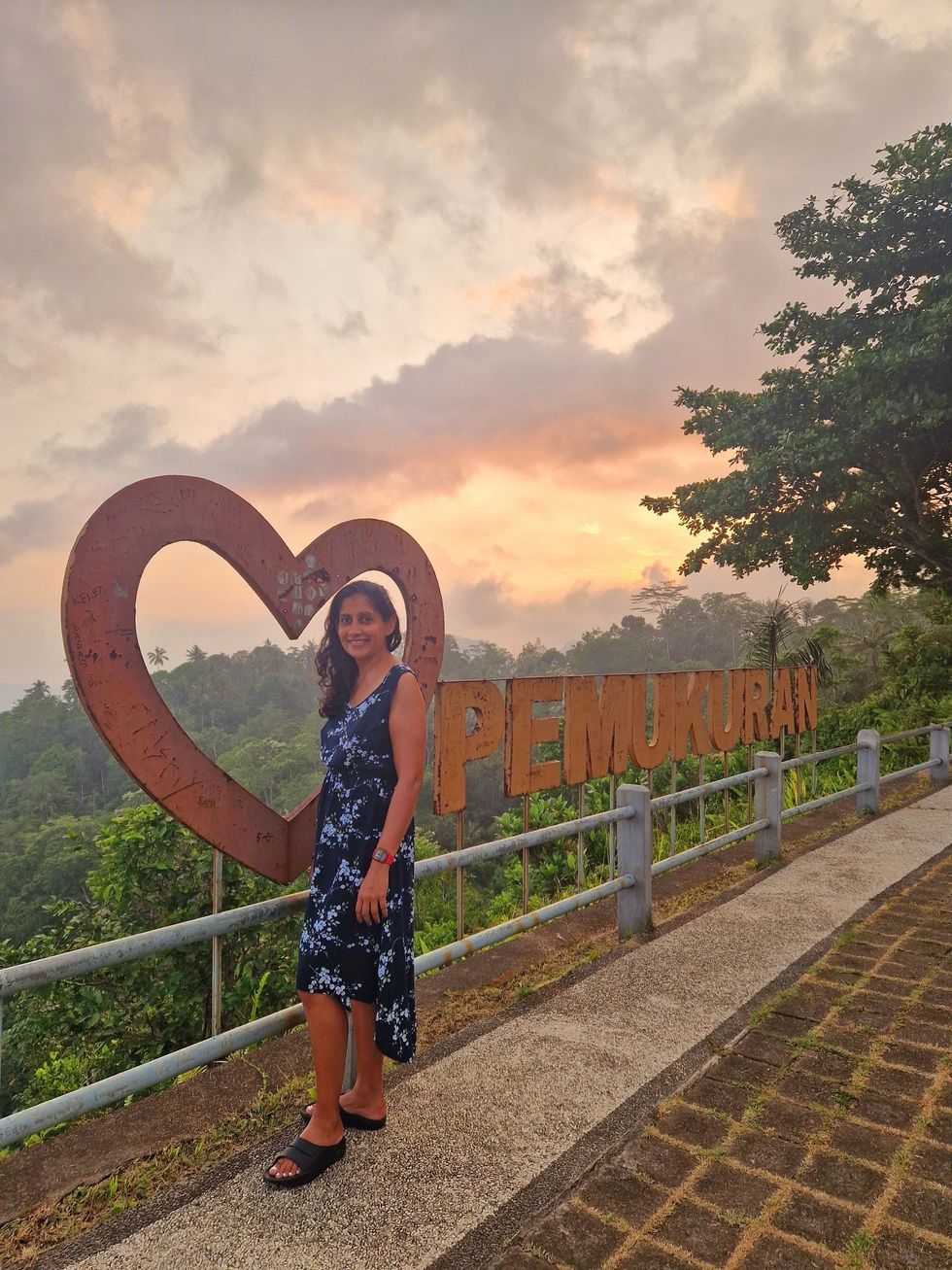 Minreet Kaur’s journey across Bali
Minreet Kaur’s journey across Bali 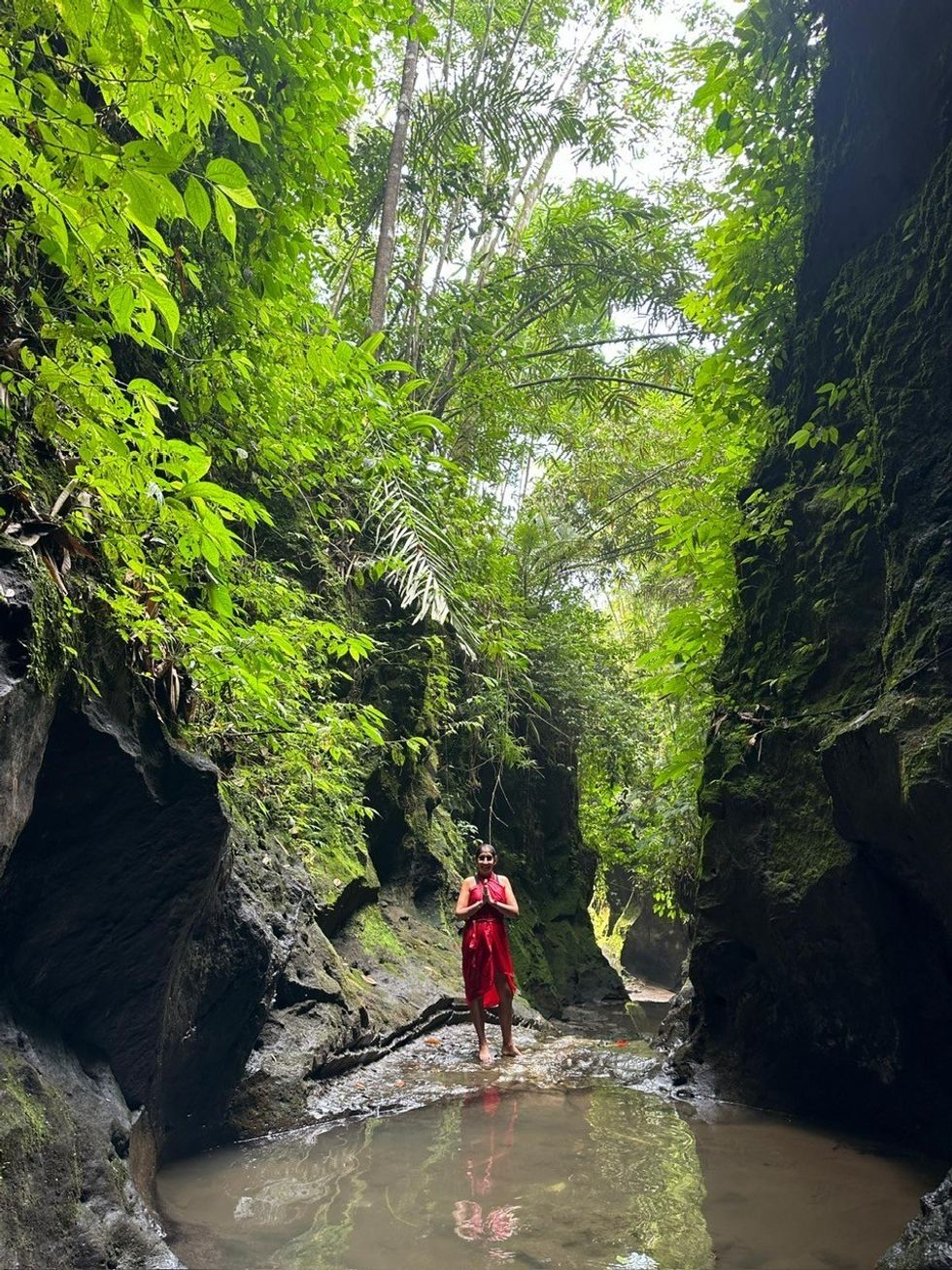
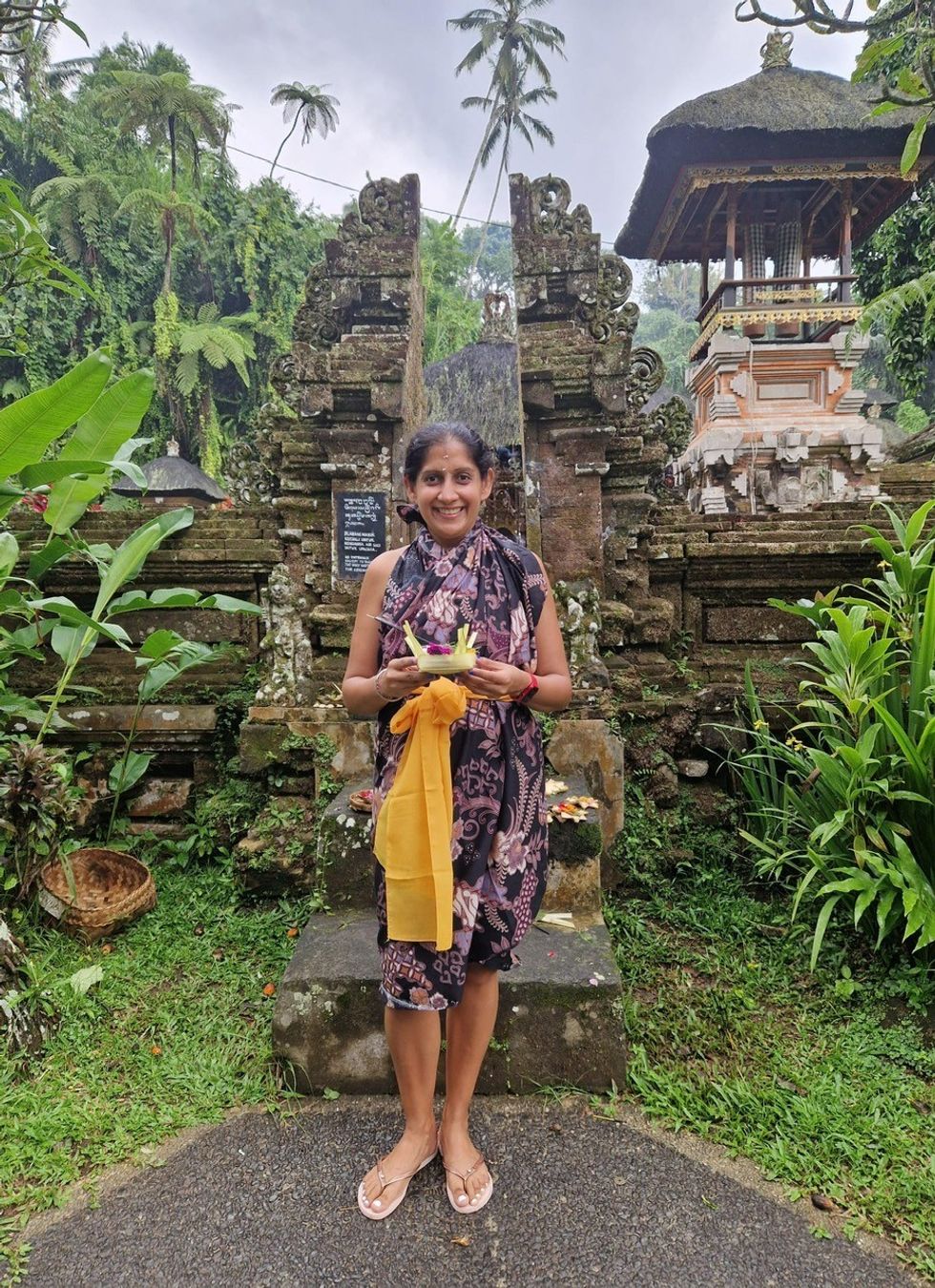

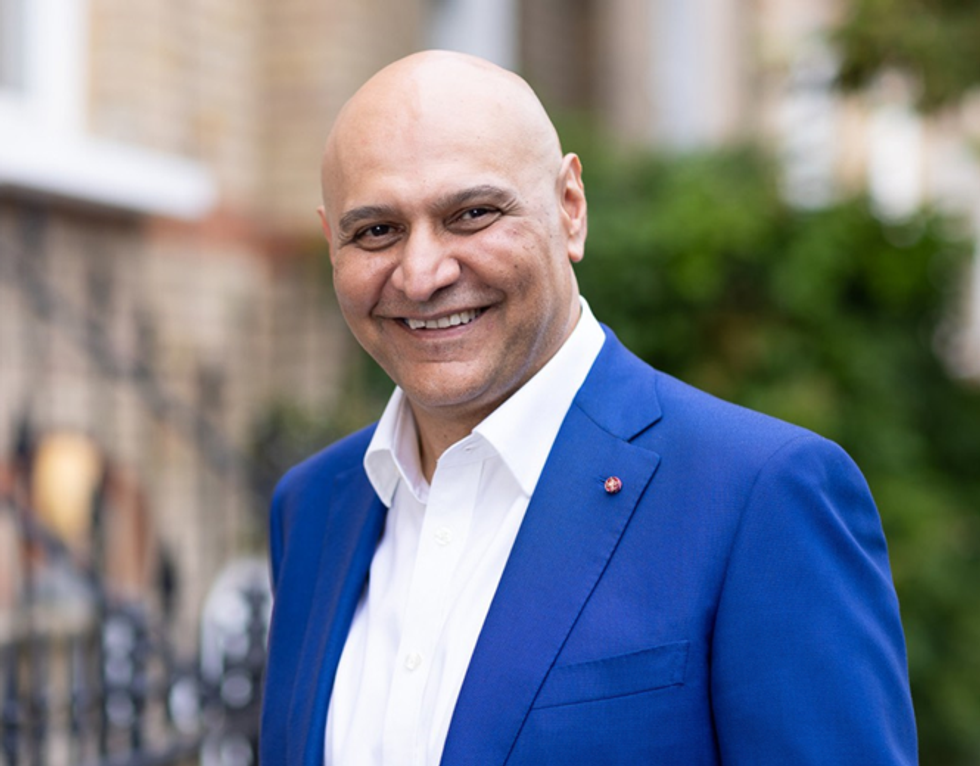

 Palestinians transport belongings in Gaza’s Rafah last Wednesday (22), following a ceasefire between Israel and Hamas
Palestinians transport belongings in Gaza’s Rafah last Wednesday (22), following a ceasefire between Israel and Hamas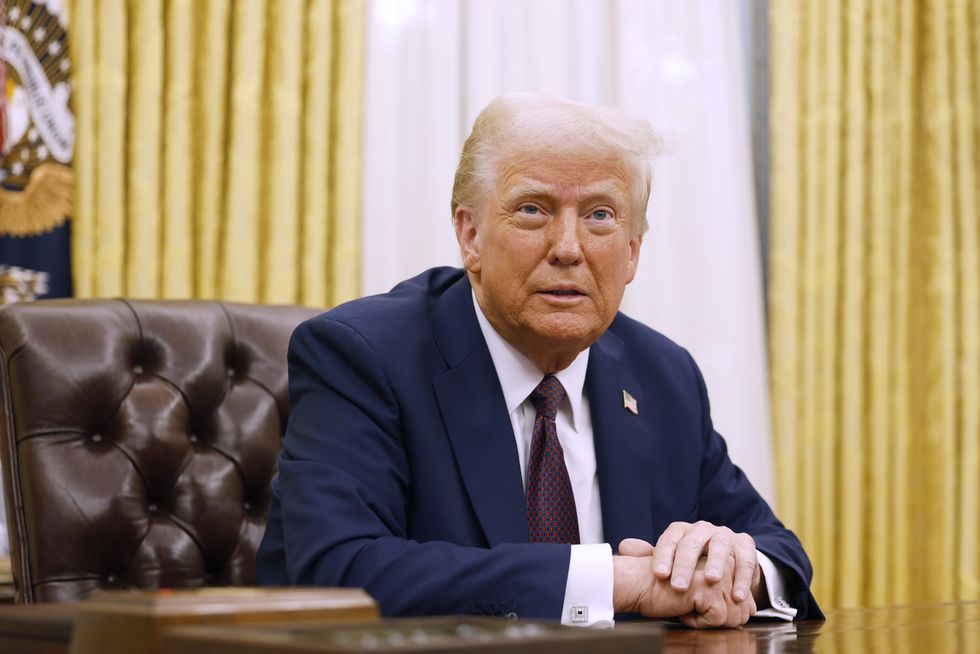 Donald Trump
Donald Trump
Barnie Choudhury: 'Time to end racism of caste system in Britain'